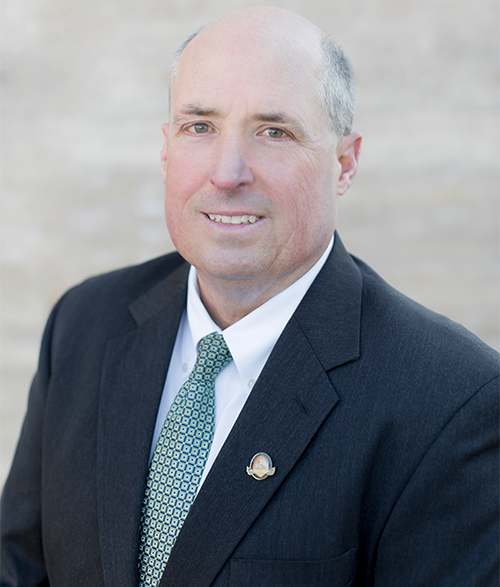Public Policy Team
CDAC at the Legislature
With more than 120 years of combined legal experience, the CDAC Public Policy Team features some of Colorado’s premier experts in criminal justice issues who advocate for the shared interests of the state’s district attorneys and the communities they serve.

Tom Raynes
Executive Director
As Executive Director of CDAC since November of 2010, Tom manages a staff of twenty employees, including attorneys, an IT department, Communications Manager, and support staff. He coordinates collaboration and advocacy on behalf of the state’s twenty-three elected district attorneys on criminal justice policy and legislative issues. Tom regularly serves on task forces and policy committees related to criminal justice issues and often testifies as a subject matter expert on proposed legislation at the Capitol. He oversees CDAC’s responsibilities to provide statewide trainings and an annual conference for the state’s nearly eight-hundred prosecutors and an IT department that is tasked with providing a statewide case management and eDiscovery system. Prior to coming to work for CDAC, Tom served as the Deputy Attorney General of the Criminal Justice Section for Attorney General John Suthers and as the elected District Attorney for the 7th Judicial District in Colorado. Tom also served an adjunct professor at the University of Colorado School of Law 2014-2023.

Arnold Hanuman
Deputy Executive Director
Since joining CDAC as Deputy Executive Director in 2013, Arnold Hanuman has managed critical negotiations across diverse stakeholder groups to promote safer and healthy communities across the state. A leading expert in criminal justice legislation, Arnold provides statewide trainings, serves on statewide task forces, improves public policy and has earned deep respect on both sides of the aisle.

Jessica Dotter
Senior Chief of Legislative Policy & Special Victims Prosecution
Jessica Dotter joined the CDAC team in March of 2021 as Sexual Assault Resource Prosecutor after serving over eight years in the DA offices for the 20th (Boulder) and 4th (El Paso, Teller) judicial districts – six of which were spent prosecuting special victims cases. Jessica utilizes her experience and expertise to analyze legislation and advocate for effective sexual assault policy in Colorado.

Brad Turner
Title for Brad
Bio for Brad

Brad Turner
Lead Attorney, Training & Legal Resources
Brad Turner joined CDAC in February of 2024 after serving as a Deputy District Attorney for six years in the Boulder District Attorney’s Office. As a Deputy DA, he was awarded the Kurt Morgan Direct Youth Service Award from Realities for Children Boulder County for his creativity and collaboration with the public defender’s office in helping youth in juvenile delinquency cases. Brad’s portfolio of work for CDAC includes, among other things, juvenile delinquency, competency, and civil commitment.
Our work
We are dedicated to assisting and collaborating with all legislators to ensure that any bill introduced:
- Does not conflict with existing statutes and case law
- Avoids unintended consequences
- Protects the rights of both defendants and victims
- Meets Constitutional requirements
- Can be practically implemented by the courts




